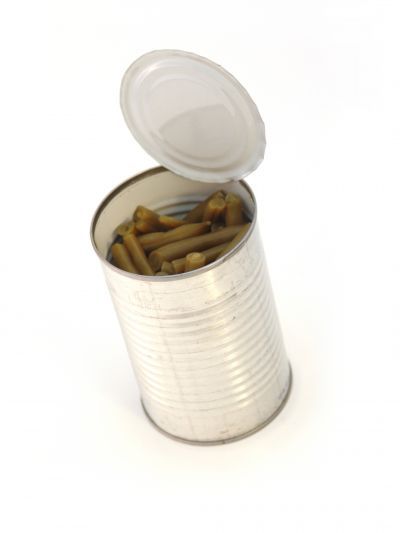Tests show Bisphenol A in a range of US canned food products

Your support helps us to tell the story
From reproductive rights to climate change to Big Tech, The Independent is on the ground when the story is developing. Whether it's investigating the financials of Elon Musk's pro-Trump PAC or producing our latest documentary, 'The A Word', which shines a light on the American women fighting for reproductive rights, we know how important it is to parse out the facts from the messaging.
At such a critical moment in US history, we need reporters on the ground. Your donation allows us to keep sending journalists to speak to both sides of the story.
The Independent is trusted by Americans across the entire political spectrum. And unlike many other quality news outlets, we choose not to lock Americans out of our reporting and analysis with paywalls. We believe quality journalism should be available to everyone, paid for by those who can afford it.
Your support makes all the difference.Nearly 19 brands of canned foods have tested positive for containing measurable levels of the chemical Bisphenol A (BPA) in their containers, according to US-based magazine Consumer Reports' latest tests of canned foods.
Cans of soups, juice, tuna fish and green beans sold in the US were tested for levels of the chemical, which is commonly used in clear plastic bottles, baby bottles and sippy-cups as well as in the plastic linings of food cans. Of the samples tested, some canned foods labeled as "organic" or "BPA-free" also contained BPA, the tests found.
The highest amount of BPA was found in cans of Del Monte Fresh Cut Green Beans Blue Lake, with levels ranging from 35.9 parts per billion (ppb) to 191 ppb. Progresso Vegetable Soup had between 67 ppb and 134 ppb and Campbell's Condensed Chicken Noodle Soup had between 54.5 ppb and 102 ppb.
The lowest measurable levels were found in Similac Advance Infant Formula liquid concentrate (9 ppb) and Nestle Juicy Juice in a can (9.7 ppb). Their powdered versions were free of detectable levels of BPA.
The tests also revealed that some plastic packaging had BPA, such as Campbell's Chicken Noodle Soup, at higher levels than the canned versions of the products.
Products touted as being BPA-free, including Vital Choices cans of tuna and Eden Baked Beans, also showed traces of the substance, the tests showed.
The daily upper limit of safe exposure to BPA is 50 mg per kilogram of body weight and was established by the US Food and Drug Administration based on experiments done in the 1980s. But exposure to lower doses have since been linked to a variety of health problems, including reproductive abnormalities, increased risk of breast and prostate cancers, diabetes and heart disease.
To reduce dietary exposure to BPA, the Consumers Union recommends:
-Choosing fresh food whenever possible.
-Using alternatives to canned food, beverages, juices, and infant formula.
-Using glass containers when heating food in microwave ovens.
The results of the tests will be published in the December 2009 issue of Consumer Reports Magazine.
For more information:
www.ConsumerReportsenespanol.org.
Join our commenting forum
Join thought-provoking conversations, follow other Independent readers and see their replies
Comments